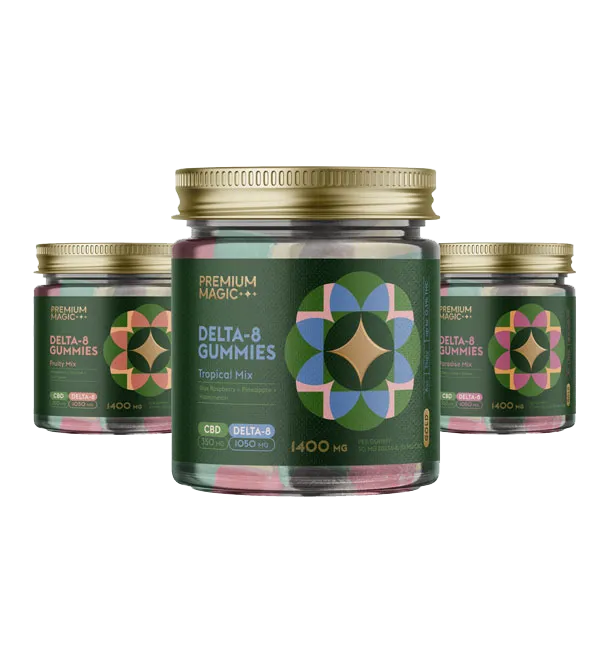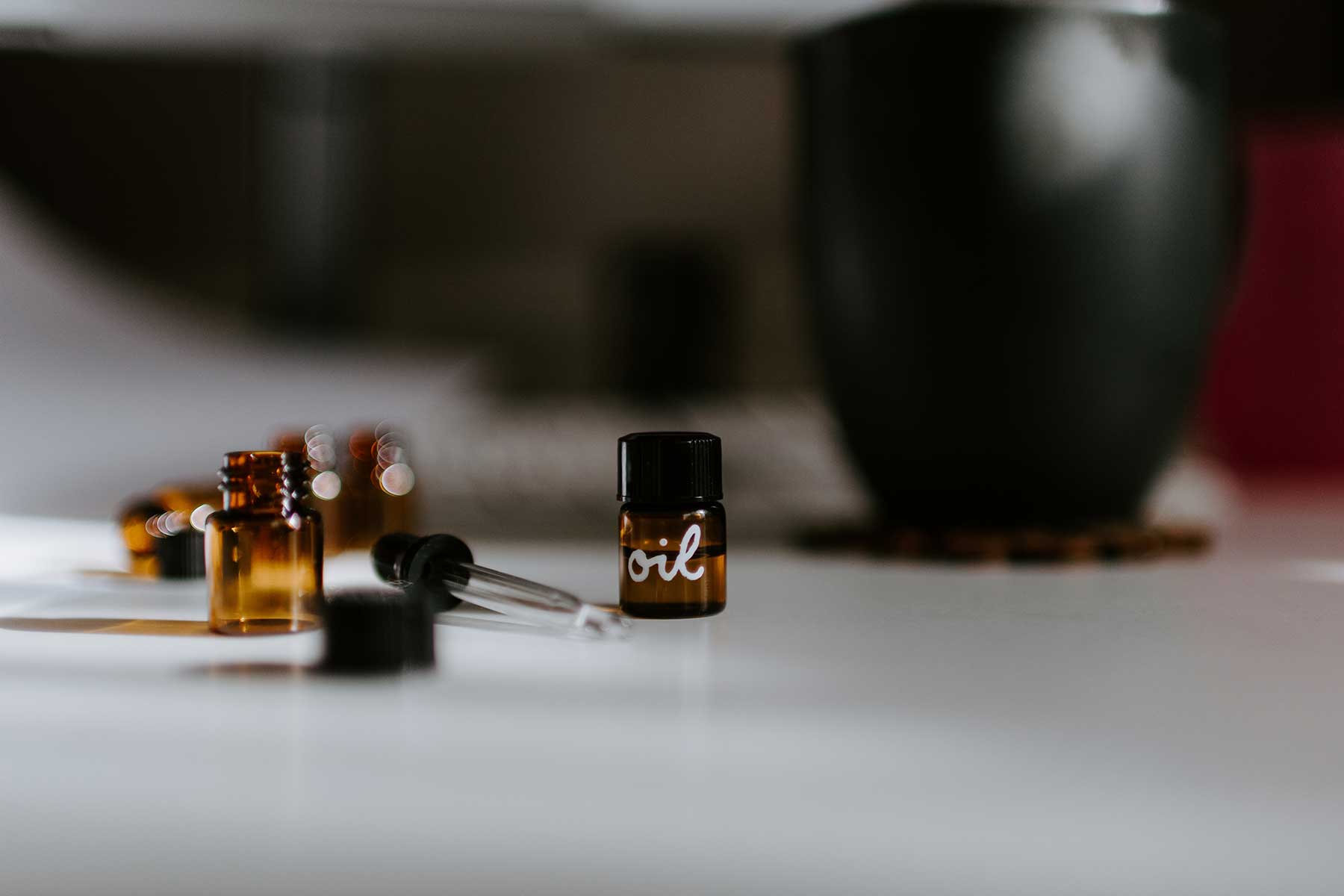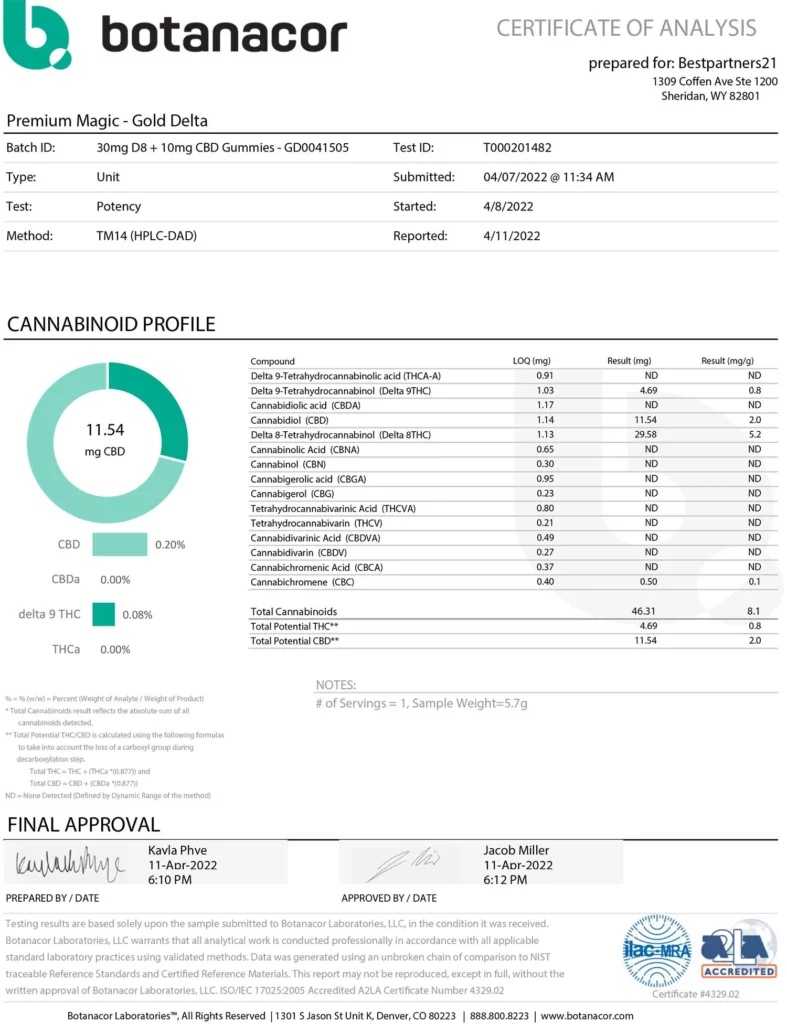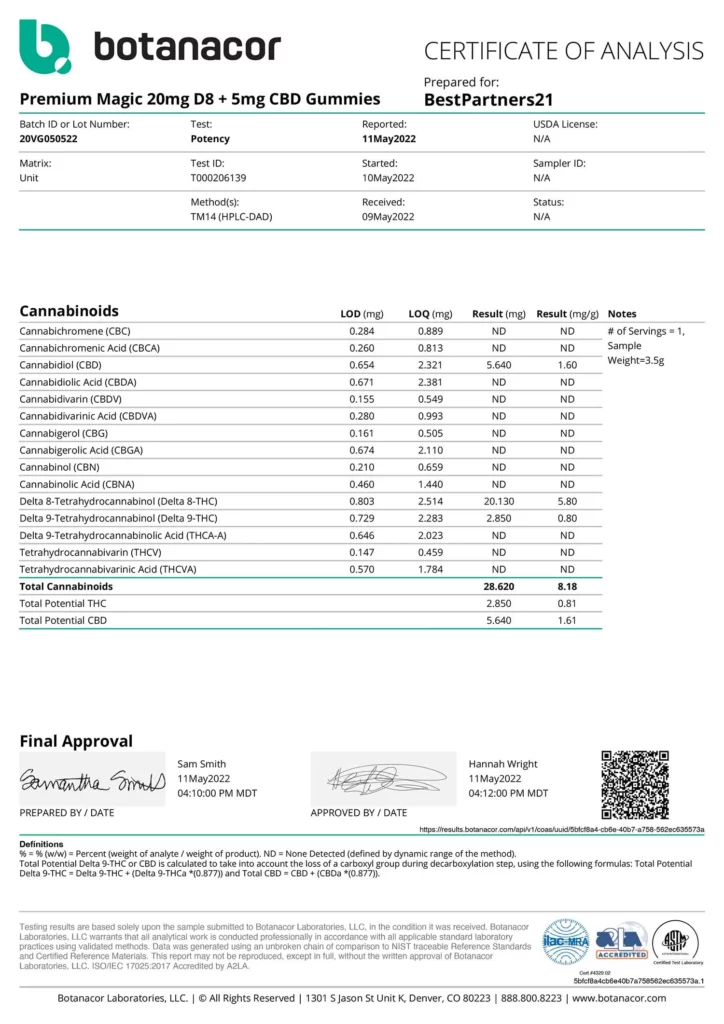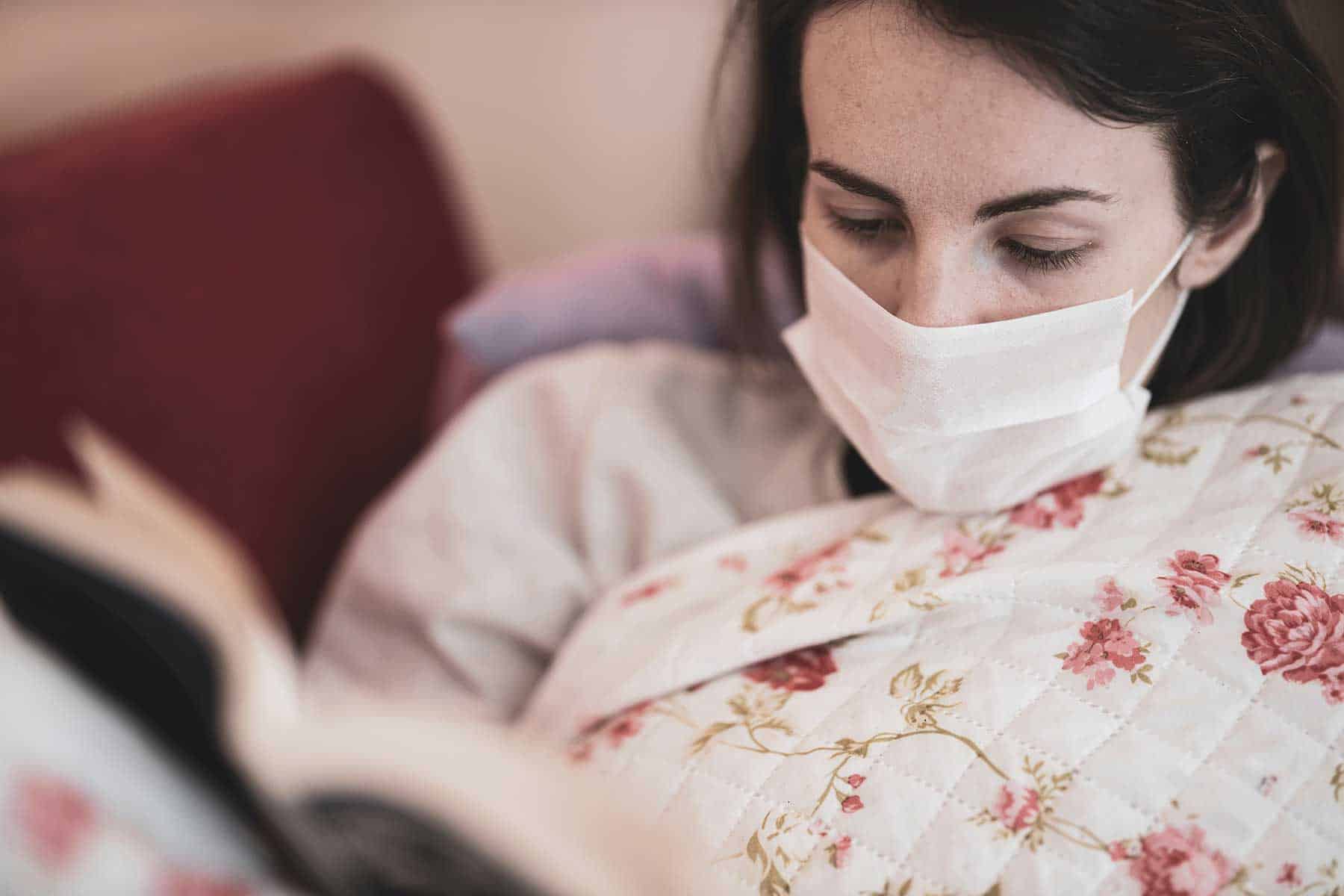
Is It Okay to Use Weed When You’re Sick with a Cold or Flu?

Have you ever wondered if it’s okay to use weed when you’re feeling under the weather with a cold or the flu? You’re not alone. Many people are turning to weed for its potential to ease various symptoms.
Weed has gained a lot of popularity lately. It’s not just used for fun; some folks use it to help with their health issues. That’s right, weed has made its way into medicine.
But when it comes to colds and flu, is it a good idea? This article is here to help you figure that out. We’re going to dive into the good and the bad sides of using weed when you’re sick. By the end, you’ll have a clearer picture to make an informed choice about whether or not to light up next time you’re reaching for the tissues.
What Are Colds and Flu?
Colds and flu are both common illnesses, but they are caused by different viruses. A cold usually starts slowly with symptoms like a runny nose, sore throat, and sneezing. You might also get a headache or feel a bit achy, but it’s generally not too bad. Most people start feeling better in about a week.
The flu, on the other hand, can be more serious. It hits you all at once with a fever, chills, and muscle aches. You’ll probably feel really tired and might have a cough and a sore throat too. Flu symptoms are stronger and can make you feel quite sick for a week or more.
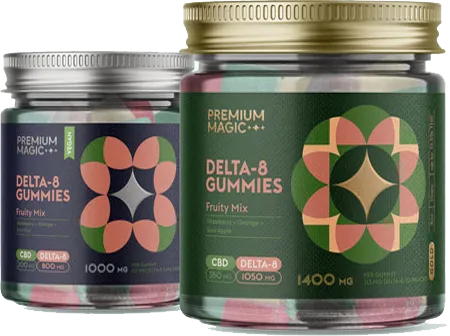
Gold + Silver Combo Fruity Mix
Original price was: $154.98.$68.99Current price is: $68.99.
Or Subscribe and Save 30%
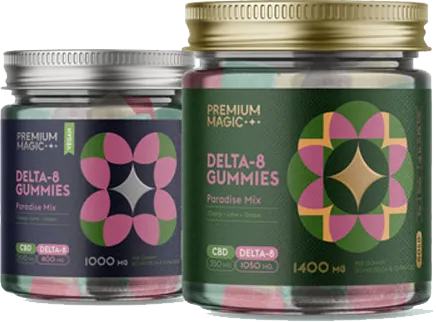
Gold + Silver Paradise Mix
Original price was: $154.98.$68.99Current price is: $68.99.
Or Subscribe and Save 30%
How Do They Affect Your Body?
Both colds and flu mess with your respiratory system. That means they can make it hard to breathe and leave you feeling pretty run down. The symptoms are your body’s way of fighting off the virus and trying to get better.
With a cold, your nose and throat are the main areas affected. The viruses cause irritation and produce a lot of mucus, making you sneeze and cough. But with the flu, it’s more than just your nose and throat. It can affect your whole body, making all of you feel sick.
When you have the flu, your immune system works overtime to fight the virus. This is why you get a fever; your body is trying to create a less friendly environment for the virus. But this can also make you feel really tired and worn out.
How Weed Works in the Body
Weed, also known as marijuana, is a plant that people use for various reasons. Some use it for fun, while others use it to help with medical issues. The plant has many parts, but it’s mostly the flowers that people use. Inside these flowers are components called THC and CBD.
THC is the part that gives you the “high” feeling. It’s what makes you feel happy and relaxed, but it can also make some people feel anxious or paranoid. CBD, on the other hand, doesn’t make you high. Instead, it might help with things like pain and anxiety. Both of these components work together, and how they affect you can depend on how much of each is in the weed you’re using.
How Does Weed Affect Your Body and Mind?
When you use weed, THC and CBD go into your bloodstream and travel to your brain. In your brain, they interact with special areas that influence how you feel, think, and react. This is why you might feel happy and chilled out, or why you might get the munchies.
But weed doesn’t just affect your mind; it affects your body too. It can make your heart beat faster and give you dry mouth. Some people find that it helps with pain, while others might find it makes them feel dizzy or sick.
Pros of Using Weed When Sick
Feeling Better with Less Pain
When you’re down with a cold or the flu, your body can ache, and everything feels uncomfortable. Some folks find that using weed helps to lessen this pain. The components in weed, especially CBD, might work to reduce the feeling of pain in your body, making you more comfortable while your body fights off the illness.
Less Swelling and Soreness
Inflammation is your body’s way of fighting off infection, but it can also make you feel pretty bad. Your throat gets sore, and your sinuses swell up. Weed has been talked about a lot for its potential to reduce inflammation. By helping to cut down on this swelling and soreness, weed might just make your sick days a bit easier to handle.
A Good Night’s Sleep
When you’re sick, getting enough rest is key to getting better. But sometimes, the flu or a bad cold can make it hard to sleep well. Weed, and THC in particular, has a reputation for helping people to relax and fall asleep faster. A good rest can make a big difference in how quickly you recover from illness.
Cons of Using Weed When Sick
Could Weed Slow Down Your Recovery?
When you’re sick, your body’s immune system is working overtime to fight off the illness. But did you know that using weed might have an impact on how well your immune system can do its job? Some studies suggest that THC, the component in weed that gets you high, could possibly slow down your immune system’s response. This means that while you might feel more relaxed, your body could take longer to fight off the cold or flu.
Be Careful with Medications
When you’re sick, you might be taking other medications to help manage your symptoms. It’s important to consider how weed might interact with these medications. Weed can change how your body processes certain drugs, making them either too strong or not effective enough. If you’re considering using weed while you’re on other medications, it’s really important to talk to your doctor first to make sure it’s safe.
Not All Symptoms Get Better
While weed might help with pain, inflammation, and sleep, it doesn’t help with all symptoms. In fact, for some people, it might even make certain symptoms worse. For example, weed can make your mouth and throat feel dry, which is not great when you’re already coughing and have a sore throat. Additionally, weed smoke can irritate your lungs, which could be a problem if you’re dealing with a respiratory illness like the flu.
Experts Urge Caution
Even though there are potential benefits to using weed when you’re sick, many health experts advise caution. The effects of weed can vary widely from person to person, and we still need more research to fully understand how weed impacts people when they’re sick. The potential risks, like a slower immune response, interactions with medications, and worsening of certain symptoms, are all reasons to think carefully and perhaps talk to a healthcare professional before deciding to use weed when you’re down with a cold or flu.
What Do Health Experts Suggest
When it comes to using weed while you’re sick with a cold or flu, doctors and health experts have varied opinions. Generally, the medical community urges caution. This is mainly because we still don’t know everything about how weed interacts with our bodies, especially when we’re under the weather.
Most health professionals would advise you to think carefully before choosing to use weed when you’re sick. They point out that while there may be some benefits, like pain relief and improved sleep, there are also potential risks. These risks include a possible weakened immune response, interactions with other medications you might be taking, and the chance of making some symptoms like throat irritation worse.
Health professionals often suggest trying more proven and traditional methods of dealing with cold and flu symptoms first. This could include rest, plenty of fluids, and over-the-counter medications to ease your symptoms.
In terms of guidelines, if you do decide to use weed while you’re sick, experts typically recommend using it in a form that doesn’t involve smoking, as smoke can irritate your throat and lungs. They also emphasize the importance of starting with a low dose, especially if you’re using weed alongside other medications.
Alternatives to Using Weed When Sick
When you’re dealing with a cold or flu, there are many other ways to find relief without using weed. Let’s talk about some of these options.
Other Remedies and Medications
Over-the-counter medications can help ease your symptoms. You might find relief with pain relievers, decongestants, or cough syrups. These medications have been studied well, and we know a lot about how they work and how safe they are when used as directed.
Apart from medications, home remedies like drinking plenty of fluids, resting, and using a humidifier in your room can also help make you feel better. Sometimes, a warm cup of tea or chicken soup can do wonders.
Knowing When to See a doctor.
It’s important to pay attention to your symptoms and know when it’s time to seek medical attention. If your symptoms are severe, last for a long time, or get worse instead of better, it’s a good idea to talk to a healthcare professional. They can give you advice on the best way to get better and let you know if you need prescription medication or other treatments.
Closing Remarks
Are you still wondering if it’s okay to use weed when you’re dealing with a cold or flu? Throughout this article, we’ve talked about how weed might help ease your pain, reduce inflammation, and help you sleep better. However, we’ve also touched upon the potential risks, like a slower immune response and the possibility of interactions with other medications.
Ultimately, the choice is yours, but it’s crucial to weigh the pros and cons carefully. Remember, every person’s body reacts differently, and what works for one might not work for another. If you’re thinking about using weed as a remedy, please consider talking to a healthcare professional first. They can provide personalized advice based on your specific situation, helping ensure you make the safest and most informed decision for your health.
